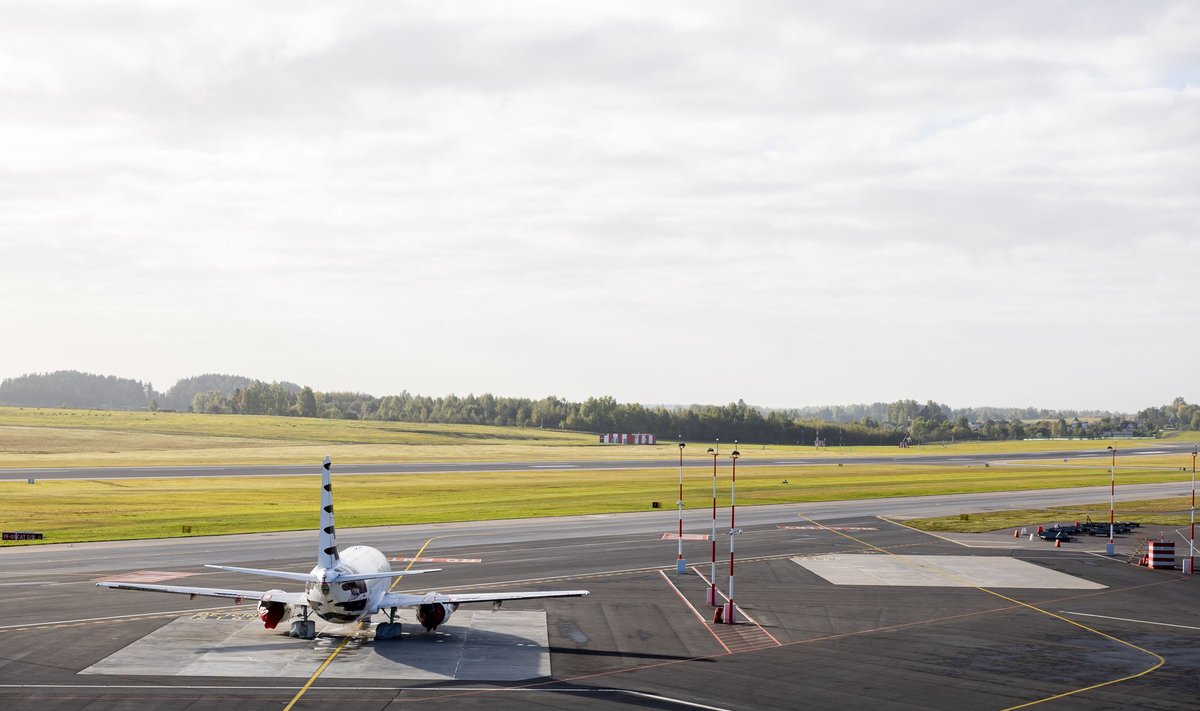Stuart Energy, the winner of the public tender, will strategically plan the development stages of charging technology. The project’s goal is to ensure the future usability of these stations by airport employees and partners, aligning with Lithuanian Airports’ commitment to sustainable transportation and environmental responsibility.
“The transition from fossil fuel to electric transport is a long-term process that will involve a complete renewal of the airport transport fleet and the implementation of environmentally friendly and passenger-friendly solutions. The planned network expansion project will take around 12 years in total, during which time we will see a number of important changes,” says Arnas Dūmanas, Chief Development Officer at Lithuanian Airports.
Over the next five years, Vilnius Airport’s apron is set to feature three double 360kW charging stations for electric buses and nine double 60kW charging stations for electric cars.
Similarly, Kaunas Airport will introduce one double charging station for clean buses and six double charging stations for electric vehicles during this period. Additionally, Palanga plans to install two double charging stations for electric vehicles within the next five years.
Stuart Energy has pledged to establish a charging station network throughout the entire 12-year project duration, ensuring sufficient capacity to charge 18 e-buses and 38 electric vehicles within the inner airport zone in Vilnius, 2 e-buses and 36 electric vehicles in Kaunas, and 8 electric vehicles in Palanga.
Stuart Energy will also design a network of 10 dual charging stations in a car park for Lithuanian airport staff in Vilnius. One ultra-fast charging station will be located at the Lithuanian Airports Administration building in the capital, and two double ultra-fast charging stations will be located at the Vilnius Airport VIP terminal with conference centre.
The project to develop e-charging capabilities is expected to enable Lithuanian Airports to consistently implement the long-term plans set out in the NET ZERO strategy to achieve climate neutrality by 2030.
